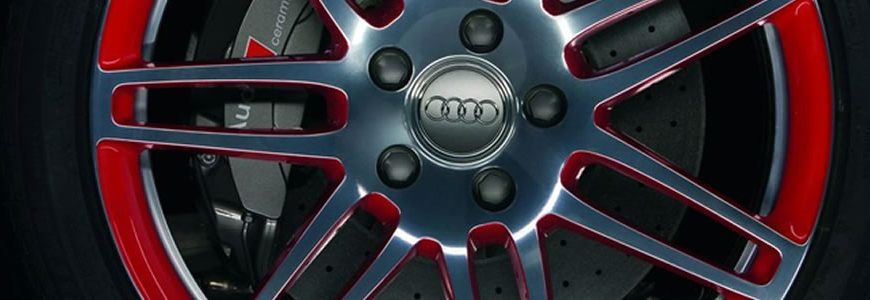- 20/04/2020

Braking News!
As a critical component of any vehicle, it is not worth risking the performance and safety of your car by purchasing cheap or inferior brakes or brake parts. However, buying brakes through a dealer, especially for European cars, can be a very costly experience.
How do we save you money?
At Autohaus Northshore we specialise in European cars, namely Audi, VW, Skoda, Mercedes, BMW and Volvo. We use only OEM parts (Original Equipment Manufacturers) namely Textar, Ate, Zimmerman, Bosch and Brembo.
These are the companies that supply brakes to Audi, VW, Mercedes, BMW and Volvo dealers. By buying from these suppliers directly, we are able to pass on our considerable savings to our customers, without affecting the braking performance of their vehicles.
Car brake trends today
Contemporary car brakes regularly need their brake discs changed, some with every brake pad change. Brake discs have a minimum thickness recommended by the manufacture. If they are under that thickness, they can overheat, warp and become very noisy. At Autohaus Northshore we try to always reuse the brake discs but they need machining to have a good flat surface for the new brake pads to bed in on. If not, the risk of brakes squealing and brake shudder is increased, and both are very unpleasant.
In general, manufacturers today are using softer metals in the discs, to give a better braking performance. That’s the ‘bite’ you feel when you brake. This is also the reason the car wheels become so black in contemporary cars – it’s a by-product of brake pad and brake disc dust, combined.
Audi, VW, Mercedes and BMW use brake pad sensors to warn you when the brake pads are nearly worn out (usually about 2 to3,000km). However, Audi VW and Mercedes do not always have the sensors fitted to the rear brakes, especially on earlier models. Most vehicles will wear their front brakes out approximately 50% faster than the rear brakes.
Managing Your Brake Replacements
When vehicles are serviced at Autohaus Northshore, we will advise you before completing the service, the status of your brake pads if they need replacing and we always provide a brake pad wear report, which is printed on your invoice.
You can discuss whether you wish to replace them while you car is booked in with us or postpone until later. Occasionally, the brakes may not last until your next service but the ‘brake pad wear sensors’ will indicate this, giving you sufficient notice so that you can book in your car for new brakes, while keeping your money in your pocket for longer.
- Nigel Hook
- (02) 9987 4747 or (02) 9987 1522
- info@ahnshornsby.com.au
Service Booking
Book your service appointment now and and one of our technician will call you back to confirm it with you.
START HERETech Talk Articles

 Timing Belts & Chains
Timing Belts & Chains- 12/04/2015
 Braking News!
Braking News!- 25/03/2015

